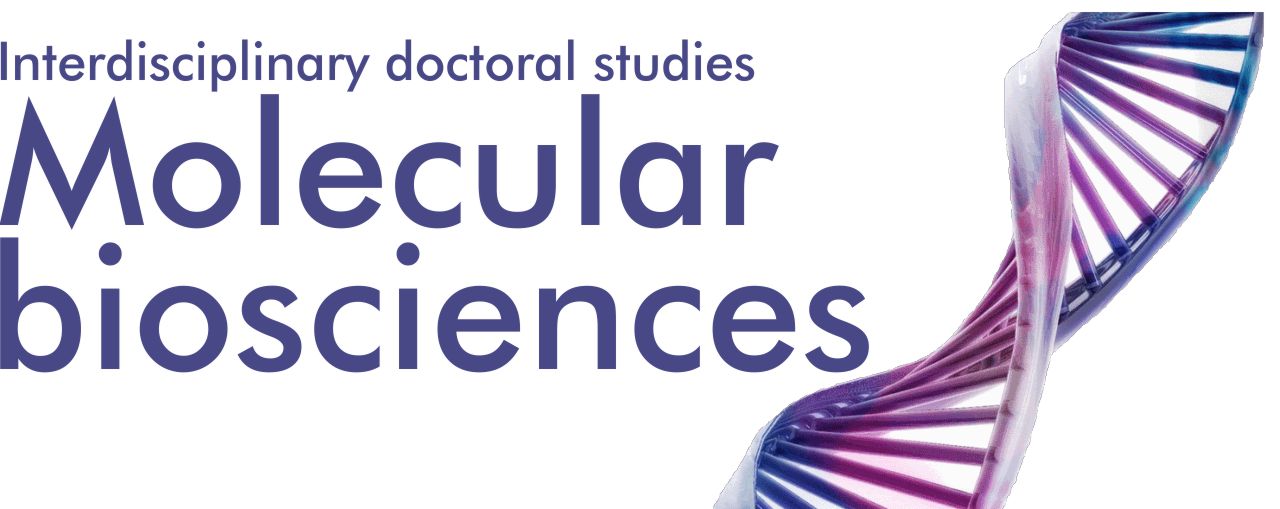| Cipher: | 2302 |
| Nomenclature: | Immunogenic transplantation |
| Study programme: | Molecular biosciences |
| Module: | Biology |
| Case holder: | the prof.dr.sc. Zorana Grubić, zn. Advisor-permanent choice |
| Institution of the case holder: | KBC-Zagreb |
| Contributors - Contractors: | doc.dr.sc. Katarina Štingl Janković |
| Subject status: | Electoral College |
| The year in which the case is submitted: | Year I |
| The semester in which the case is submitted: | Semester II |
| Subject objective: | Introduce students to the HLA system and its role in tissue and organ transplantation as well as with the latest scientific knowledge and their application in transplant immunogenetics. |
| Case contents: | The main system of tissue matching in man – Human Leukocyte Antigens (HLA): a historical overview of discoveries, research, terminology, accommodation and structure. Biological role of the HLA system: processing and presentation of peptides. The structure of HLA grade I and Grade II HLA genes and molecules. |
| Learning outcomes: competences, knowledge, skills that the subject develops: | 1. Explain the basics of immunogenetics and transplantation of tissues and organs. |
| ECTS Credits | 4 |
| Lectures | 10 |
| Seminars (IS) | 10 |
| Exercises (E) | 0 |
| Altogether | 20 |
| The way of teaching and acquiring knowledge: | |
| Ways of teaching and acquiring knowledge: (notes) | |
| Monitoring and evaluating students (mark in fat printing only relevant categories) | Attendance, Mandatory seminar work |
| Rating method: | Written exam, Essay/Seminar |
| Mandatory literature: | 1)Andreis I, Batinić D, Čulo F, Grčević D, Marušić M, Taradi M, Višnjić D. Immunology. Zagreb: Medical Publishing, 2004; 2)Apperley J.F., Gluckman E., Gratwohl A. Blood and marrow transplantation. Paris: European School of Haematology, 2000. 3)Blair GE, Pringle CR, Maudesley DJ. Modulation of MHC antigen expression and disease. Cambridge: University Press, 2005. 4)Cecka J.M., Terasaki P.I. Clinical Transplants 2003. Los Angeles: UCLA Tissue typing Laboratory, 2004. 5)Janeway C.A., Travers P., Walport M., Shlomchik M.J. Immunobiology 5, The Immune system in health and disease. New York: Garland Publishing, 2001. 6)Marsh S.G.E., Parham P., Barber L.D. The HLA facts book. London: Academic Press, 2000. |
| Supplementary (recommended) literature: | Magazines; Human Immunology, Clinical Transplantation, Tissue Antigens, Transplantation Proceedings |
| How to monitor the quality and performance performance (evaluation): | The success of the course will be evaluated annually by the joint expert committee of the Ruđer Boskovic Institute, the University of Dubrovnik and the University of Josip Juraj Strossmayer in Osijek based on exam success and surveys. |
